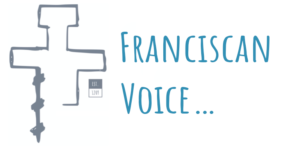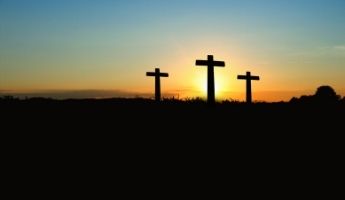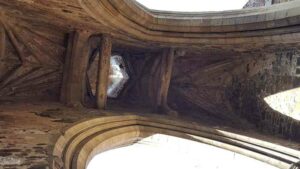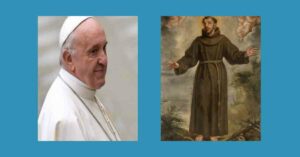Why do we assemble on the day of the Lord?
The primary celebration of Christians is their gathering on The Lord’s Day. It is the Day of Christ’s Resurrection on the first day of the week. Every feast in the liturgical calendar pales in comparison. It did not take long for early Christians to begin celebrating one of those weekly Sundays in a special way, once a year, so as to experience in an explicit, more powerful way the prime importance of every Sunday. Sunday is the remembrance and proclamation of “the mystery of faith.” He is risen!
This annual Sunday celebration of Christ’s Passover, from death in mortal flesh into eternal life of glory at the right hand of the Father, begins with the Holy Thursday evening Mass of the Lord’s Supper. Why? This then-new annual celebration of the Paschal (Easter) Lamb soon became a three-day celebration of the one Easter liturgy. It concludes with the renewal of the Alleluia near the end of Vigil of Easter on the night of Holy Saturday. It is important to remember that this three-day sacred celebration is not a commemoration. It is rather one single liturgy: actually to share in the ongoing here and now accomplishment of our salvation.
The Holy Thursday introduction of the Lord’s Supper is marked primarily by the humiliation of a servant pouring water into a basin and washing feet. From there he opens what it means to share in his Passion, namely “to do the same.” Good Friday brings us to the suffering of Christ in a Liturgy of the Word that proclaims the Gospel of the Lord’s Passion. Holy Saturday is the stark silence with Jesus in the tomb, as he descends among the dead. No liturgy of any kind is to be celebrated.
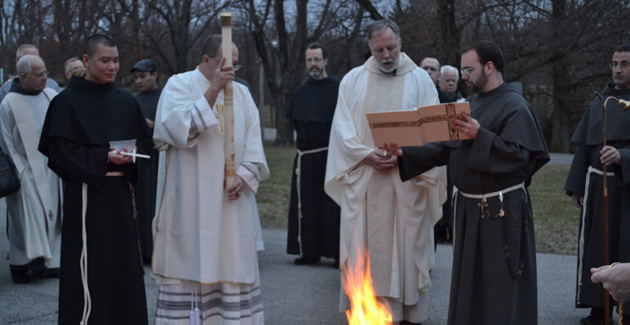
These three events find their completion during the night of the vigil of Easter. A primary symbol of the resurrection is that of light overcoming darkness: “Christ our light!” During that night we listen to the biblical narratives of the history of our salvation and anticipate a new dawn. We wait for the outbreak of a new Easter “Alleluia.” With that “Alleluia,” the Gospel of Jesus’ Resurrection is proclaimed. The Easter Eucharist begins. All three Easter sacraments are celebrated: baptism, confirmation, and first Eucharist (for adults).
This primary Easter Vigil Eucharist is the most important Eucharist of the entire liturgical year. It gives deeper meaning to every other Sunday of the year. Thereafter, beginning on Easter morning and through the seven Sundays of Easter leading to Pentecost, we continue to celebrate the “one great Sunday,” ever proclaiming anew the “Mystery of Faith.”
He is risen!
friar Wayne Hellmann OFM Conv.
